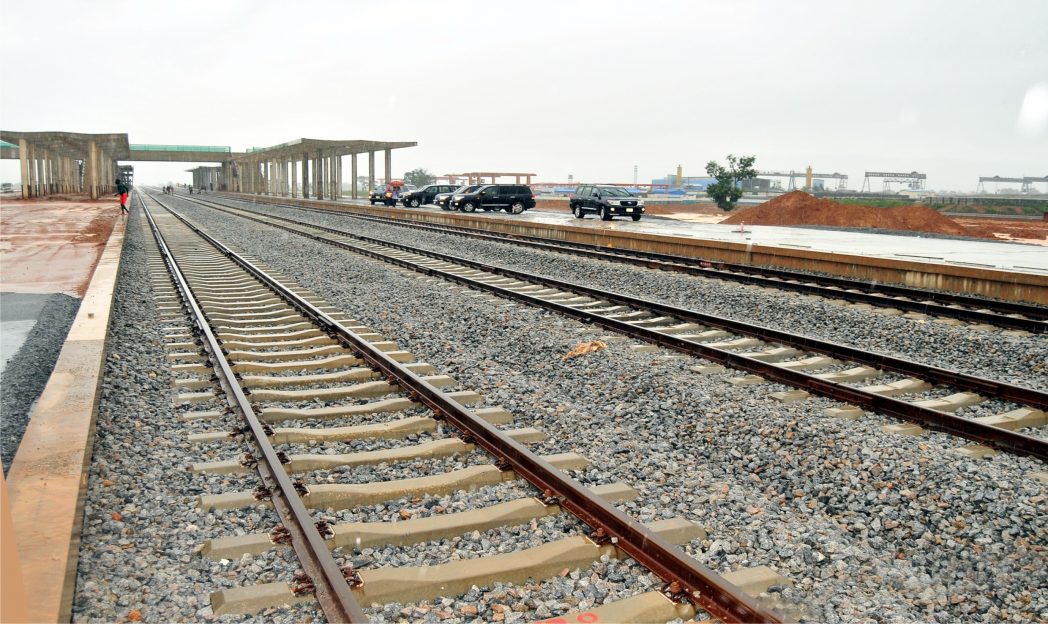Business
Oil Price Crucial To Nigeria’s Stock Market Growth – ASHON
The Association of Stockbroking Houses of Nigeria (ASHON) has said that developments in the global crude oil market remain a critical factor for the nation’s stock market stability in 2015.
ASHON President, Mr. Emeka Madubuike told newsmen in Lagos on Monday that the stock market would experience increased activity with stability in the international crude oil price.
Madubuike said that “the market will firm up once the price of crude oil firms up at the international market.”
He said that the postponement of the 2015 general elections and insecurity challenges were local factors that would be overcome.
Madubuike said that foreign investors, the major investors in the Nigerian capital market, were using the price of crude oil as a bench mark for their re-entry.
According to him, foreign investors who exited the market would come back with stability in the crude oil market.
Madubuike, however, urged retail and institutional investors to take advantage of the low price of equities and increase their stake in the market.
“We are in a buyers market and local investors should take a position now that prices of equities are low,” he said.
Meanwhile, a turnover of 2.03 billion shares worth N20.63 billion traded in 23,436 deals last week compared with 2.21 billion shares valued N28.96 billion transacted in 19,495 deals in the preceding week.
The Financial Services Industry led the activity chart with 1.52 billion shares worth N11.23 billion traded in 14,695 deals.
The Consumer Goods sector followed with a turnover of 210.18 million shares valued N5.12 billion achieved in 3,950 deals.
The third place was occupied by the Oil & Gas Industry with 122.81 million shares worth N2.29 billion exchanged in 1,259 deals.
The All-Share index last week increased by 423.01 basis points or 1.43 per cent, to close at 29,985.08, against the 29,562.07 achieved in the corresponding week due to price growth.
The market capitalisation rose by N158 billion to close at N10.005 trillion, compared with N9.847 trillion posted in the previous week.
R.T. Briscoe led the gainers’ table for the week in percentage terms, appreciating by 34.43 per cent or 21k to close at 82k per share.
Dangote Flour Mills followed with a gain of 33.33 per cent or N1, to close at N4, while UAC Property Development went up by 30.78 per cent or N2.81, to close at N11.94 per share.
On the contrary, Conoil recorded the highest loss for the week in percentage terms, shedding 9.97 per cent or N3.61 to close at N32.60 per share.
Vitafoam fell by 9.47 per cent or 34k to close at N3.25, while Vono Products declined by 8.55 per cent or 10k to close at N1.07 per share.
Business
Two Federal Agencies Enter Pack On Expansion, Sustainable Electricity In Niger Delta

Business
Why The AI Boom May Extend The Reign Of Natural Gas

Business
Ogun To Join Oil-Producing States ……..As NNPCL Kicks Off Commercial Oil Production At Eba

-

 Sports3 days ago
Sports3 days ago2026 WC: Nigeria, DR Congo Awaits FIFA Verdict Today
-
Politics3 days ago
ADC, PDP, LP Missing As INEC Set For By- Elections In Rivers
-

 Environment3 days ago
Environment3 days agoOxfam, partners celebrate 5 years of climate governance programmes in Nigeria
-
Politics3 days ago
FG’s Economic Policies Not Working – APC Chieftain
-

 Politics3 days ago
Politics3 days ago2027: Diri Unveils RHA LG Coordinators, APC Congress Panel
-

 Politics3 days ago
Politics3 days agoReps To Meet,’Morrow Over INEC’s 2027 Election Timetable
-

 Politics3 days ago
Politics3 days agoGroup Continues Push For Real Time Election Results Transmission
-
Sports3 days ago
Sunderland Overcome Oxford Challenge


